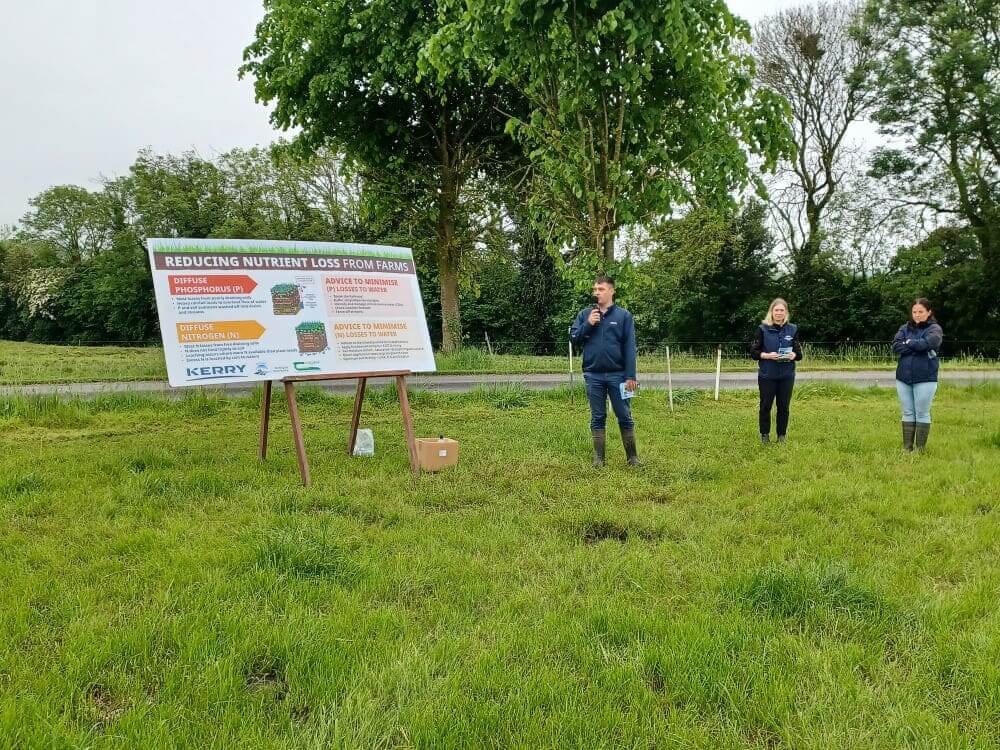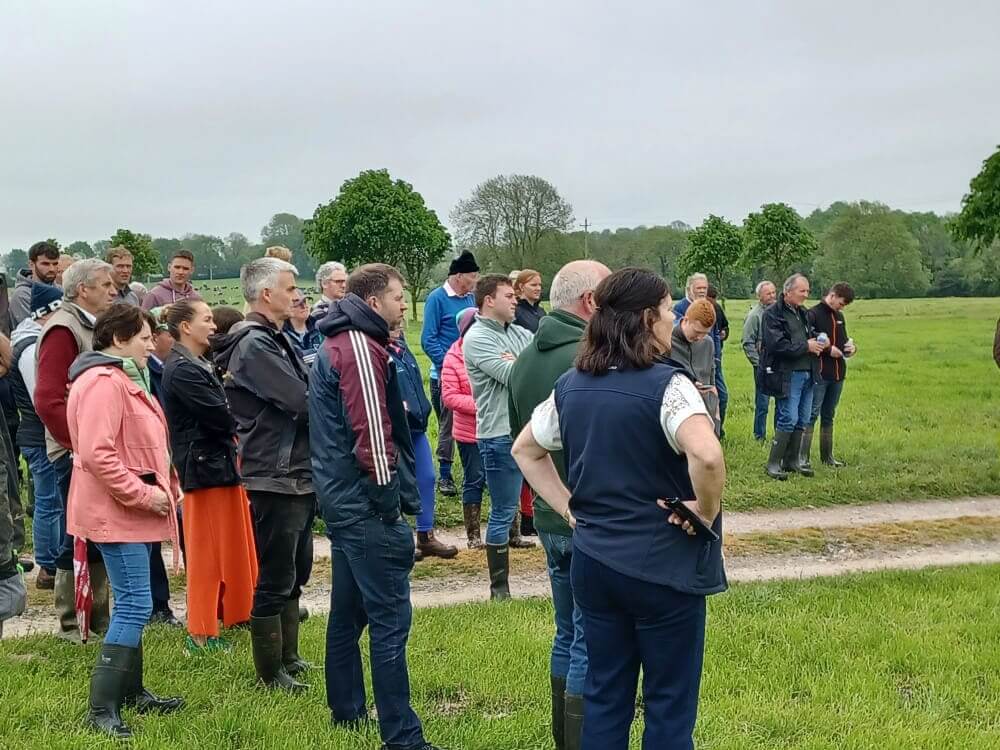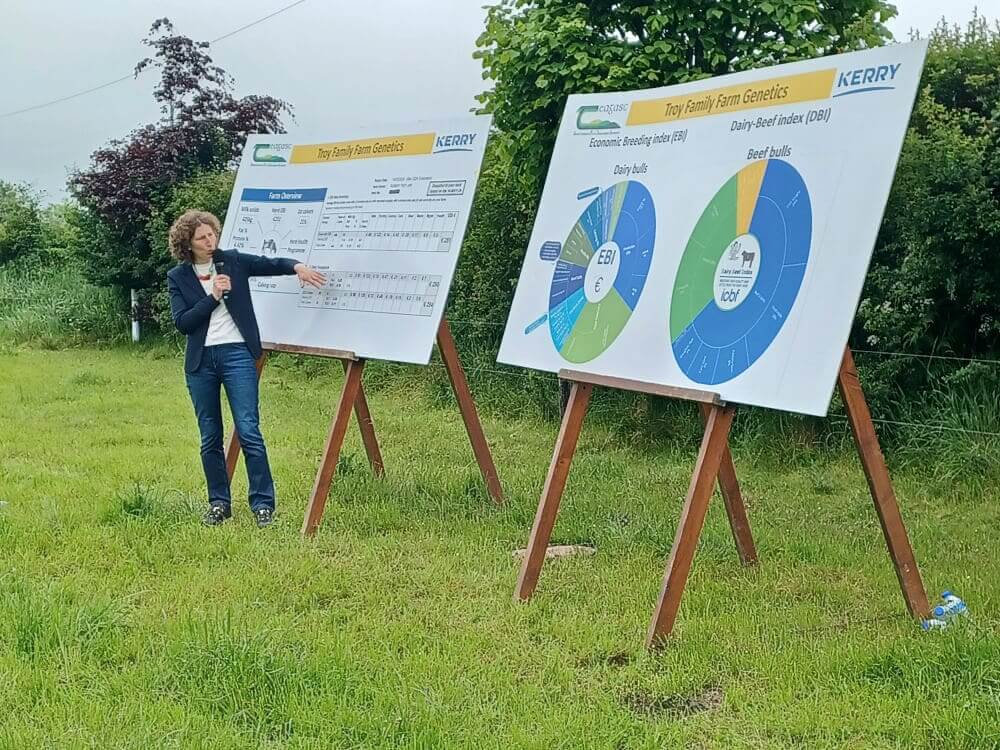Commitment to Milk Quality Excellence
High milk quality is the cornerstone of the Troys’ farm, achieved through rigorous practices such as selective dry cow therapy and frequent milk recording. Their focus on maintaining low somatic cell counts (SCC) ensures the production of high-quality milk, a crucial factor in earning their award. Daily udder health checks and a regular stripping routine are part of their preventive approach to reducing infections and improving animal health.
This commitment extends to their use of young genomic bulls with a high emphasis on milk solids and protein.
Farm Sustainability and Environmental Stewardship
Water quality management is a key part of the Troys’ sustainability efforts. They’ve implemented a water conservation system by constructing ponds that trap runoff before it can impact the surrounding environment. This initiative prevents nutrient pollution and improves water quality on their farm. Moreover, the Troys have adopted low-emission slurry spreading and use protected urea to reduce ammonia emissions and enhance nutrient retention in the soil.
Their involvement in the Deel River European Innovation Programme (EIP) further highlights their dedication to sustainable farming. Through this programme, they continue to refine practices that contribute to cleaner water and healthier ecosystems. This aligns with Kerry Agribusiness’s mission to promote environmental stewardship across its supplier network.
Grassland and Herd Management for Sustainability
In addition to water management, the Troys focus on sustainable grassland management practices. By planting clover in their pastures, they reduce reliance on chemical nitrogen fertilisers while enriching the soil naturally. This method not only improves the overall fertility of their land, but also supports healthier grazing for their herd. The Troys ensure their cattle have access to nutritious, well-managed grasslands, which contributes to better milk production and healthier cows.
Their commitment to regenerative agriculture, including reducing nitrogen inputs and planting diverse grass species, reflects the broader shift toward sustainability in modern dairy farming. These methods improve biodiversity, enhance soil health, and reduce the farm’s carbon footprint.
Conclusion
The Troy family securing the Kerry Agribusiness award exemplifies how innovation and sustainability can lead to dairy farming success. By integrating technology, prioritising milk quality, and implementing eco-friendly practices, the Troys have set a new benchmark for modern dairy farms. Kerry Agribusiness, through initiatives like the Evolve Programme, continues to support farmers in adopting sustainable practices that balance productivity with environmental stewardship.
By embracing these forward-thinking approaches, the Troys demonstrate how the dairy industry can evolve to meet the challenges of today’s agricultural landscape while maintaining a strong commitment to sustainability. Their efforts serve as a blueprint for other dairy farmers striving to implement sustainable, high-quality farming practices.





